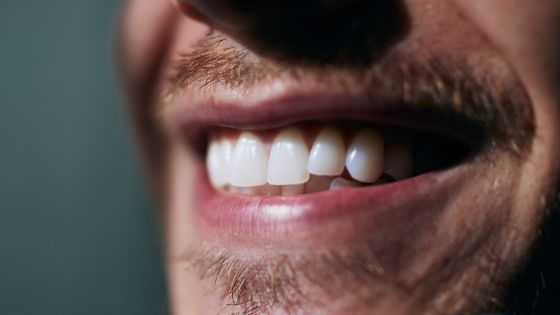Signs You Need Emergency Dental Care
Urgent Care Alert: Recognizing Signs for Emergency Dental Care in St. Petersburg
Dental emergencies can happen at any time, and recognizing the signs that require urgent care is crucial to prevent further complications. At 4th Street Family Dentistry, we prioritize your oral health and are here to provide immediate assistance when you need it the most.
Common Dental Emergencies
Dental emergencies can range from severe pain to traumatic injuries. Understanding the types of emergencies will help you react appropriately and seek the necessary care.
Toothaches
A toothache is a common dental emergency that can signal various underlying issues, such as cavities, gum disease, or an abscess. Severe, persistent pain should never be ignored, as it often indicates infection or other serious problems.
Chipped or Broken Teeth
Chipping or breaking a tooth can happen due to trauma, biting down on something hard, or even decay. Immediate attention is necessary to prevent infection and further damage. Save any pieces of the tooth if possible and bring them to your dentist.
Knocked-Out Tooth
A knocked-out tooth requires urgent care within 30 minutes to increase the chances of saving it. Keep the tooth moist by placing it in milk or a tooth preservation product and get to your dentist as quickly as possible.
Lost Fillings or Crowns
Losing a filling or crown can expose the sensitive part of your tooth, leading to pain and potential infection. It’s essential to seek immediate care to replace the filling or crown and protect the tooth from further damage.
Abscesses
An abscess is a severe infection that occurs at the root of a tooth or in the gums. It can cause significant pain, swelling, fever, and even lead to more serious health issues if left untreated. Immediate dental attention is crucial to treat the infection and prevent complications.
Recognizing Signs for Emergency Dental Care
Recognizing the signs that indicate a dental emergency can make a significant difference in the outcome of your treatment. Here are some key signs to watch for:
Severe Pain
Intense, unrelenting pain is a clear sign that something is wrong. Whether it’s a toothache, pain from a broken tooth, or discomfort from an abscess, severe pain should be addressed by a dentist immediately.
Swelling
Swelling in the mouth, face, or gums can indicate infection or injury. Swelling accompanied by pain or fever is particularly concerning and requires urgent dental care.
Bleeding
Uncontrolled bleeding from the mouth, whether from trauma or gum disease, is a serious issue. If you are unable to stop the bleeding, seek emergency dental care immediately.
Loose or Knocked-Out Teeth
Adults should never have loose teeth. If your tooth is loose or has been knocked out, immediate dental intervention is necessary to save the tooth and prevent further damage.
Signs of Infection
Symptoms such as a bad taste in the mouth, fever, swollen glands, or pus indicate infection and require urgent care. Dental infections can spread quickly and lead to more severe health problems if not treated promptly.
Preventing Dental Emergencies
While not all dental emergencies can be prevented, there are steps you can take to reduce the risk:
- Maintain Good Oral Hygiene: Brush and floss daily to keep your teeth and gums healthy.
- Regular Dental Check-Ups: Visit your dentist regularly for cleanings and exams to catch potential issues early.
- Wear a Mouthguard: Use a mouthguard during sports or physical activities to protect your teeth from injury.
- Avoid Hard Foods: Be cautious with foods that can crack or break your teeth, such as hard candies and ice.
Contact Us
Recognizing the signs of a dental emergency and seeking prompt care can prevent serious complications and ensure the best possible outcome for your oral health. At 4th Street Family Dentistry, we are committed to providing urgent and comprehensive dental care to the St. Petersburg community. If you experience a dental emergency, contact us immediately to receive care from the best dentist in St. Petersburg, FL. Your oral health and comfort are our top priorities.










